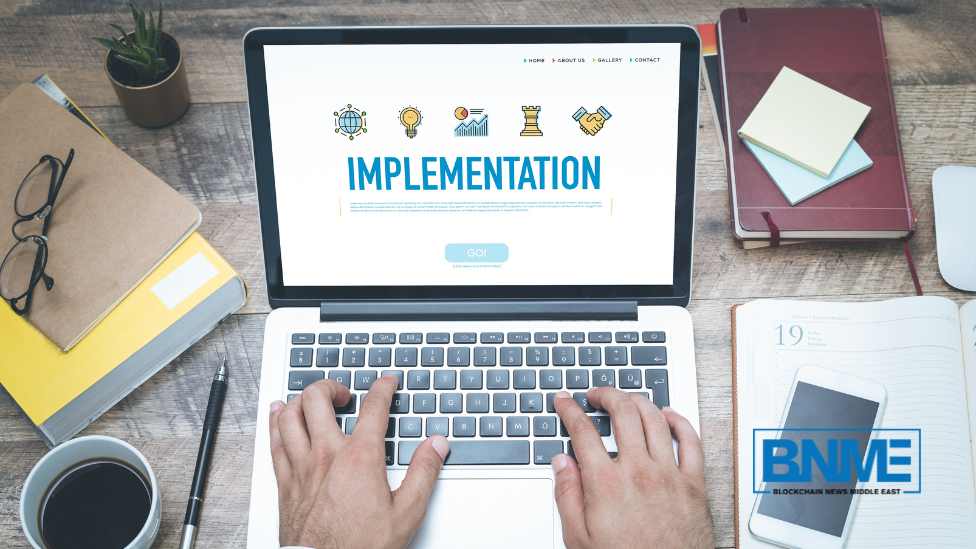Blockchain technology has become a disruptive force in the corporate world, offering efficiency, security, and transparency to various sectors. Businesses in the Middle East are starting to realize how blockchain technology may revolutionize their operations. Numerous advantages can result from integrating blockchain technology into enterprise applications, but careful planning and implementation are necessary.
5 Crucial Strategies For Incorporating Blockchain Technology Into Middle Eastern Corporate Operations
Understand Regulatory Landscape
Blockchain technology is becoming more prevalent in the Middle East, where various countries are actively investigating its possible uses. For instance, in an effort to leverage blockchain technology across multiple industries, the United Arab Emirates (UAE) has launched the Emirates Blockchain Strategy 2021.
In order to apply blockchain technology in domains such as document verification and supply chain management, the UAE government has teamed up with IBM. This partnership serves as an example of how crucial it is to comprehend and comply with the regulatory environment in order to guarantee a seamless integration process.
Collaborate with Industry Peers
Blockchain success is primarily dependent on collaboration, and the Middle East has witnessed a boom in industrial alliances to take advantage of blockchain’s group advantages. To improve trading efficiency, Saudi Aramco, joined the Vakt blockchain network. This partnership not only cuts down on paperwork but also highlights how important industry collaboration is to the success of blockchain installations.
Educate Stakeholders
Eighty-two percent of Middle Eastern IT leaders feel that successful adoption of blockchain technology depends on teaching stakeholders about it, according to a survey done by the Gulf Cooperation Council (GCC) CIO Summit.
To improve the comprehension of blockchain technology among executives and decision-makers, the Dubai Blockchain Centre has been holding training sessions and workshops. By taking a proactive stance, stakeholders are guaranteed to be knowledgeable of and in favour of blockchain projects within their companies.
Emphasis on Scalability and Interoperability
As seen by the increasing number of blockchain projects seeking to integrate with current systems, there is a growing need in the Middle East for scalable and interoperable blockchain solutions. Interoperability was cited by the World Economic Forum as being essential to a blockchain integration’s success.
The potential of blockchain technology for cross-border payments has been investigated by the Saudi Arabian Monetary Authority (SAMA), with a focus on the need for interoperable and scalable solutions. This is in line with the global trend of people looking for blockchain applications that work well with the financial infrastructure that already exists.
Prioritize Security and Privacy
With the increase in cybersecurity threats in the Middle East, security is now the top worry for businesses looking to utilise blockchain technology. The region’s dedication to strong security measures is demonstrated by the increase in cybersecurity-related discussions recorded by the Gulf Information Security Expo & Conference (GISEC)
Blockchain technology has been used by the Qatar Financial Centre (QFC) to improve the security and transparency of its financial transactions. This calculated action not only protects confidential information but also establishes a standard for other businesses aiming to give security and privacy top priority when implementing blockchain technology.
Conclusion
Businesses in the Middle East using blockchain technology need to carefully evaluate the regulatory, cooperative, instructional, scalable, and secure components of the deployment process. By heeding these five pointers and taking note of local case studies, companies may fully use blockchain technology in enterprise solutions and help drive the digital revolution in the Middle East’s economic environment.




























